EMBASSY IN SEOUL HOLDS FILIPINO MARRIAGE MIGRANTS’ FORUM
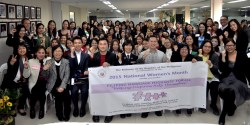
Philippine Ambassador Raul S. Hernandez (front row, 4th from right) poses with the speakers and participants of the Filipino marriage migrants’ forum, “Helping Filipinas Help Themselves,†held on Saturday, 21 March at the Philippine Embassy in Seoul.
SEOUL, 21 March 2015 – The Philippine Embassy in Seoul held a forum for Filipino marriage migrants and community leaders at the Embassy’s Multi-Purpose Hall on Saturday 21 March 2015 in celebration of Women’s Month in the Philippines.
Titled “Helping Filipinas Help Themselves,†the forum encouraged Filipino women community leaders to lend assistance to distressed Filipino marriage migrants in Korea by taking advantage of lessons learned in previous forums organized by the Embassy on marriage migrants and multiculturalism. The forum also allowed the community leaders to broaden their understanding through free-wheeling discussion the roles each of them plays in the process, from identifying their target clientele to determining the needs of their clients, and finally, connecting them with the needed resources. “As women leaders of your communities, you need to roll up your sleeves and work closely with the different stakeholders to do what needs to be done. We have seen countless times in the past what collaboration among women can accomplish,†said Philippine Ambassador to Korea Raul S. Hernandez in his closing remarks. “For our part, we assure you that we will continue to place your rights and welfare high on our agenda. We remain fully committed to working with our partners and the Korean government in building a forward-looking and inclusive action towards the greater protection of marriage immigrants’ rights and empowerment,†Ambassador Hernandez added. The event featured presentations from official representatives on the Ministry of Gender Equality and Family’s (MOGEF) support services for marriage migrants and multicultural families and the Korean police’s role in addressing domestic violence, as well as reports by academia on various non-government led initiatives focusing on Filipino marriage migrants. The forum also served as a venue for the more than 60 participants from across Korea to network with each other and to share experiences, whether as marriage migrants, counselors, or as support agents. –END–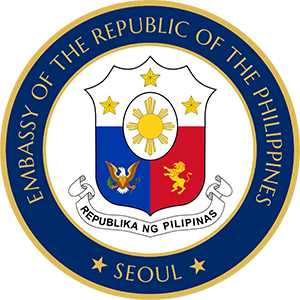


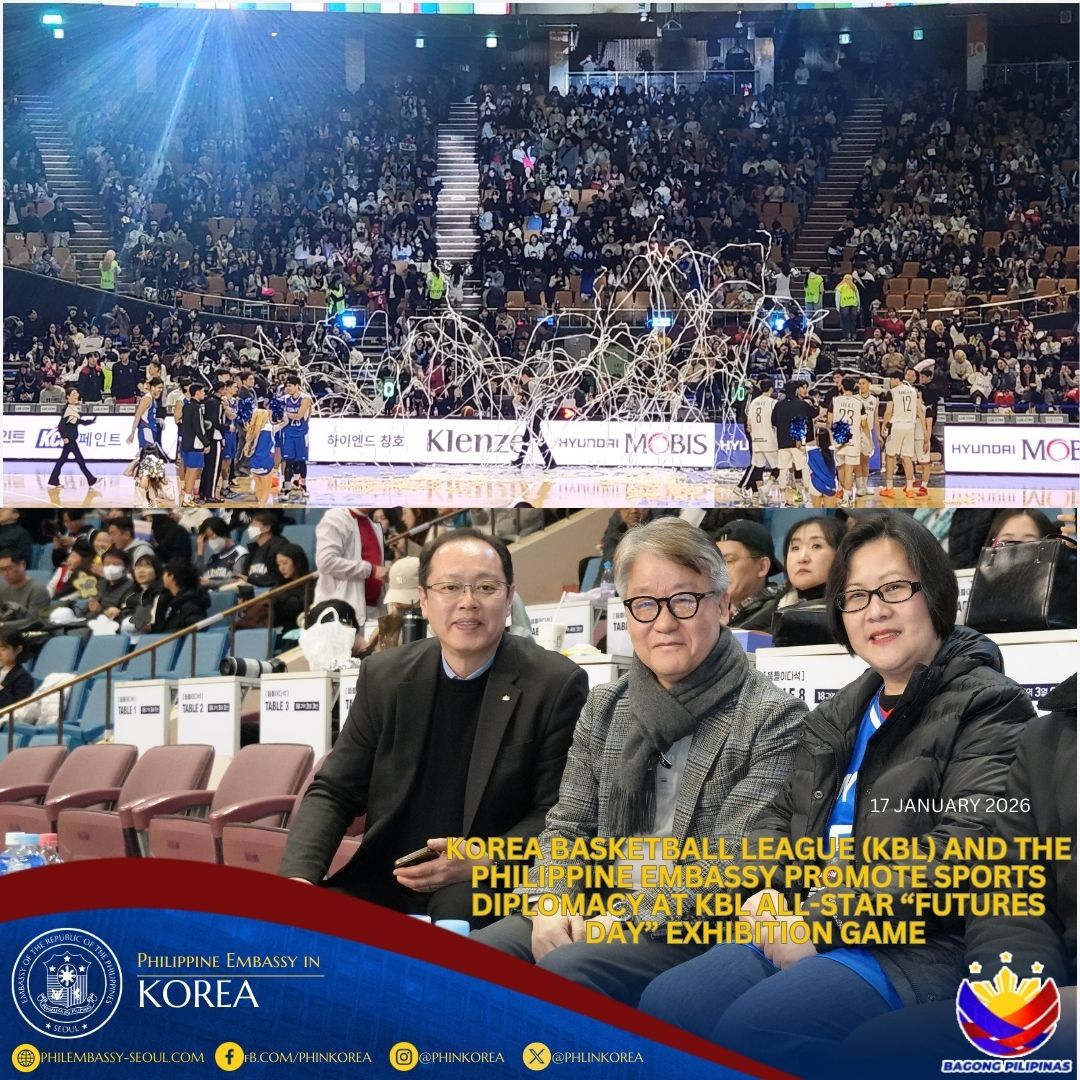 January 21, 2026
January 21, 2026
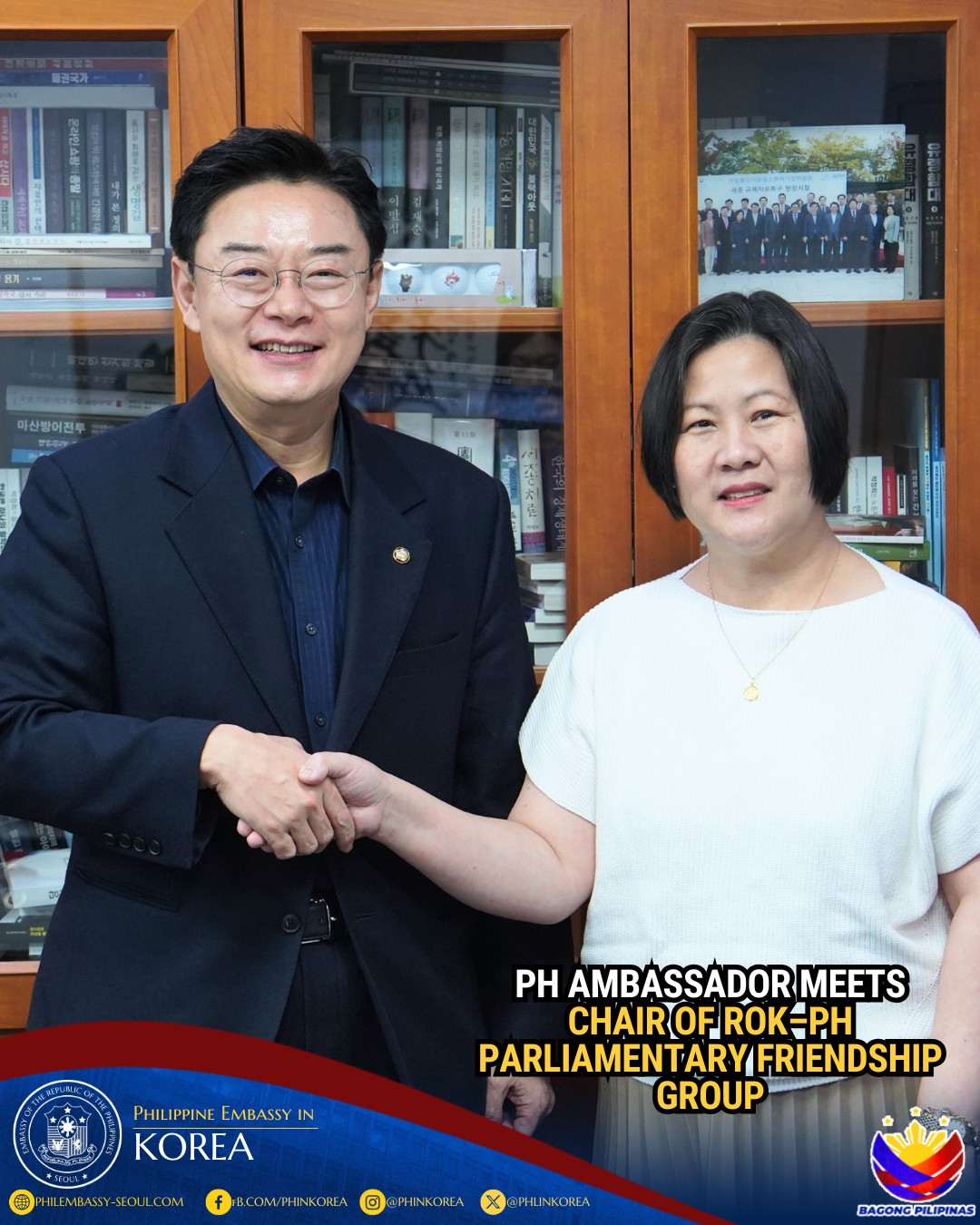 January 13, 2026
January 13, 2026
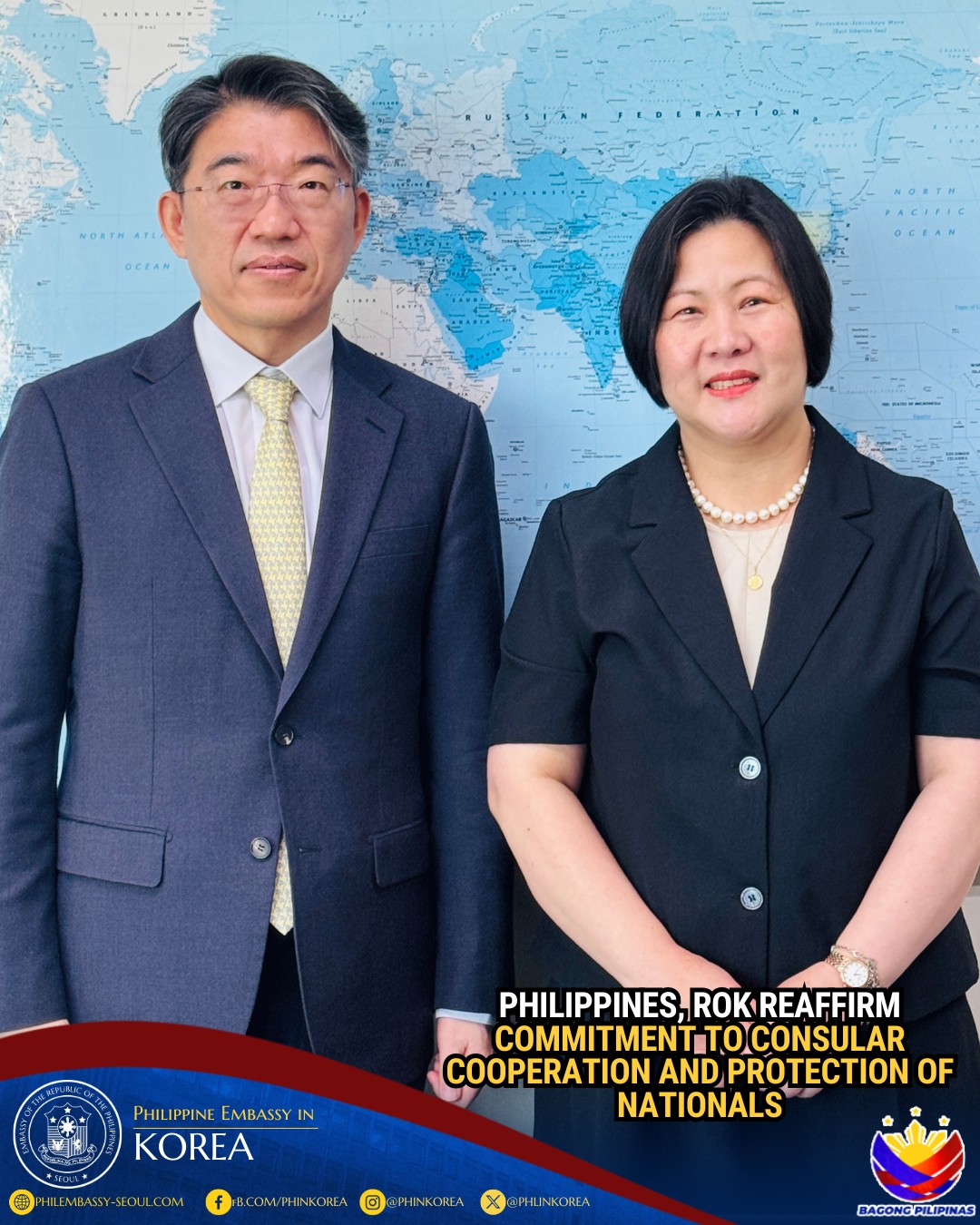 January 12, 2026
January 12, 2026
